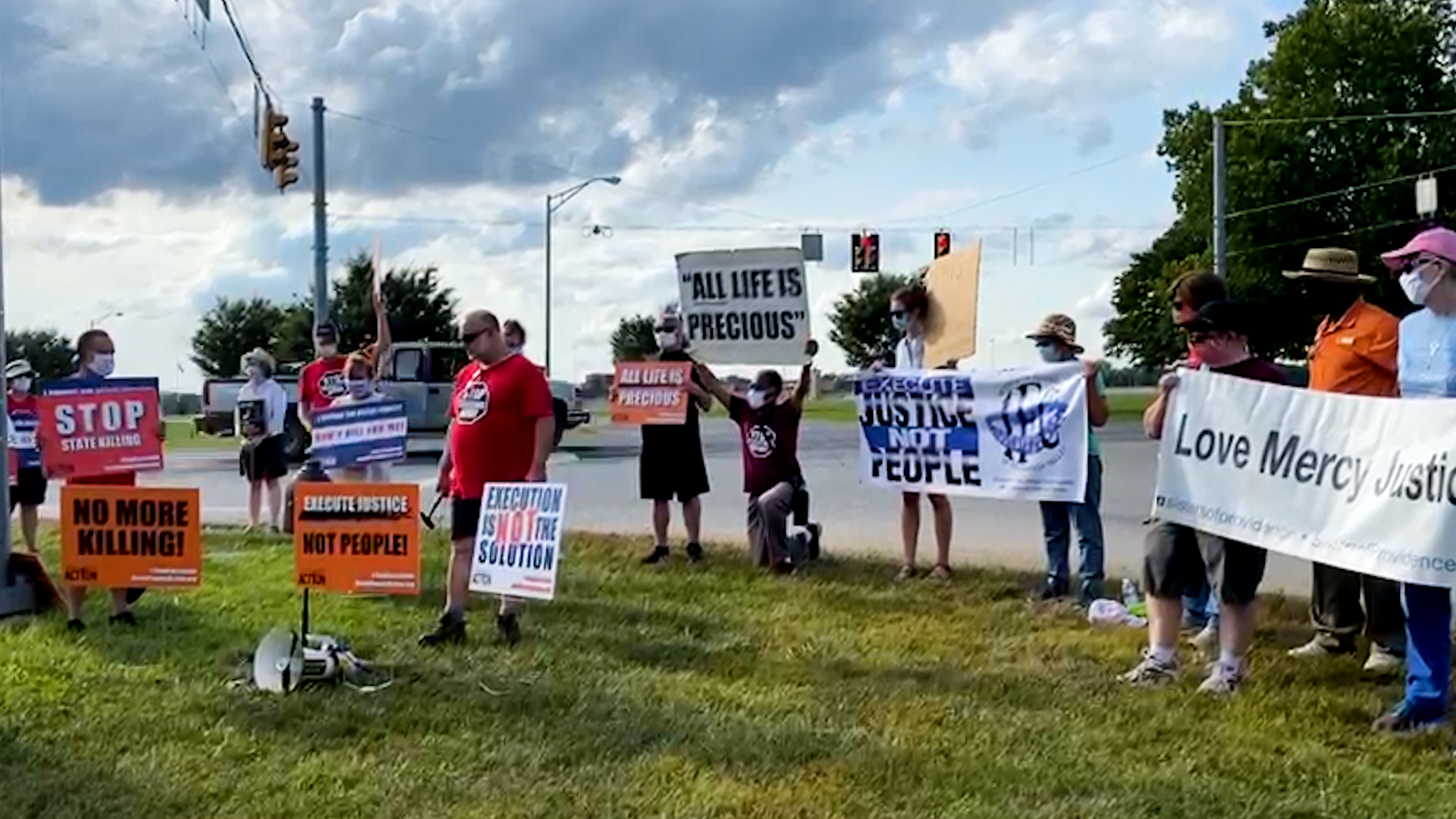

This time, however, Dustin seemed preoccupied. The conversation, once again, was routine. He shuffled to the empty chair across from us. His wrists were manacled and his legs shackled. We took seats on one side of a small table that was fastened to the floor to await our client.ĭustin was brought in through a separate door. On a cold and windy day in the late fall of 2014, Cristi and I were escorted through the maze of security checkpoints in this most secure of prisons to a tiny windowless room. It was on my last visit to Terre Haute that a more serious and emotional bond developed.

But no matter Dustin and I bonded over the NFL. Dustin’s favorite Baltimore Raven was Ray Lewis, mine was Ed Reed. In the beginning the talk was always conventional: new developments in his appeals, life on “The Row,” and family events in P.G. But I know that Dustin and I “connected.” We had a number of phone calls, and I paid him two visits with Cristi on death row in Terre Haute.

My Philadelphia colleagues, especially Cristi Charpentier, had far more contact with Dustin than I. The heavy lifting was done by the awesomely skilled and dedicated lawyers from the Capital Habeas Unit of the federal public defenders’ office based in Philadelphia. I was appointed by the court to represent Dustin in many post-conviction proceedings. It also condemned his son to a life of imponderable loss. When our government executed Dustin, it not only extinguished a caring, talented human being and a life of unique value. “I cannot imagine or think of where I could’ve ended up without the love and encouragement of my father … I am a better man, a better son, a better brother, a better friend because of him, and there are no words to express my gratitude.” As Da'Quan was to put it in a moving clemency plea to save his father’s life: Da'Quan, who grew up in Prince George’s County, Maryland, was, in effect, raised by his father via intermittent phone calls from death row in Indiana.


 0 kommentar(er)
0 kommentar(er)
